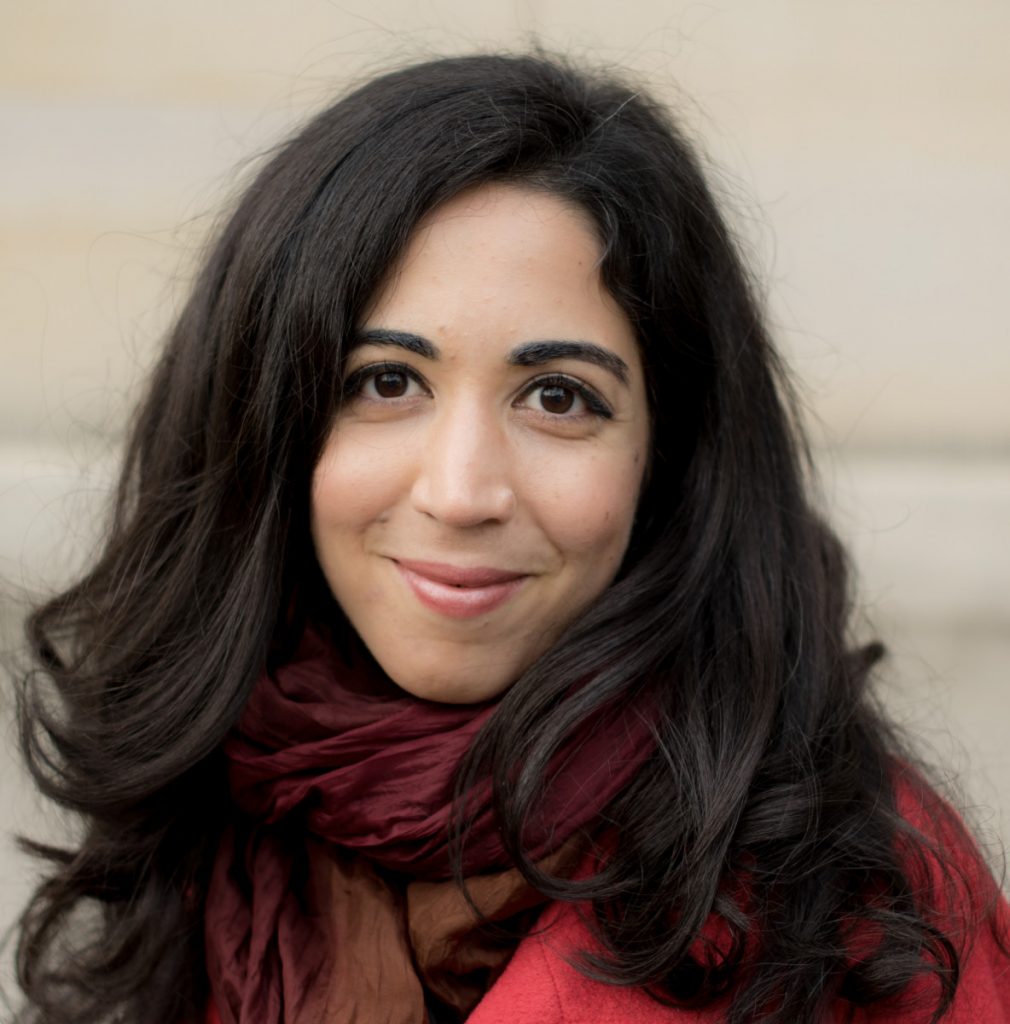
Mariia Novoselia
Staff writer
Searching for happiness might be dangerously futile. Author Emily Esfahani Smith wants to discuss what is worth looking for instead.
Smith thinks the four pillars that make life meaningful are belonging, purpose, transcendence and storytelling. People often overlook the value of meaning, favoring the pursuit of happiness. However, Smith pointed out, people who seek happiness and chase it often end up unhappy and lonely.
“Happiness is great, but it’s kind of momentary, and comes and goes, whereas meaning is … something that’s more enduring,” said Smith, the author of The Power of Meaning: Crafting a Life that Matters.
Full of personal stories and tales of those she interviews, Smith’s lecture about searching for that meaning is at 10:45 p.m. today in the Amphitheater, closing the Week Three theme of “Can the Center Hold? – A Question for Our Moment.”
In 2017, Smith first talked about her four pillars in a TED Talk, “There’s more to life than being happy,” which has since accumulated over 5.8 million views.
Since that time, she said, her understanding of the matter has deepened.
“I think one thing that I appreciate much more now is the role of searching for an identity, searching for self, and … knowing yourself,” she said.
Understanding oneself, she said, is at the core of all philosophies and religions, and it is something she has been researching in the last few years.
“If you lead a life in which you don’t know yourself or you’re lost to yourself, that’s a disaster spiritually,” Smith said, referencing Thomas Merton.
The presence of the four pillars of meaning in life can change. Right now, Smith said, storytelling is most prevalent for her. As an author working on a new book, she is creating her own story.
As a student-therapist in training, she gets to hear a multitude of stories from others. On the other hand, transcendence, or the feeling of connectedness to a higher power, is a pillar Smith wishes was a bigger part of her life these days, although she said it has always been important to her.
The book Smith is working on right now will ponder the questions of identity and finding self – it will try to answer the question of “how we can come home to ourselves in a culture that’s pushing us away from being who we really are,” she said.
One thing Smith hopes people take away from her lecture is that meaning is not something unattainable, or a prize that requires becoming “a Buddhist monk.” She said there are sources of meaning all around; they just need to be explored.
Meaning isn’t just achievable; it can also be extremely valuable when it comes to weathering hard times.
Plenty of research shows that people who have a sense of meaning in their lives are far more resilient. In addition, Smith said hardships can help people who pursue meaning grow in ways that make their lives even more meaningful. They report deeper relationships and spiritual life, she said.
The meaning of life can be fluid. While acknowledging that this may be different person to person, Smith said from both her personal experience and interviews she has conducted, a variety of things can bring meaning to life, and those things change.
Philosophy has fascinated Smith since she was a teenager. She said she remembers watching a lecture series on television, when “something just clicked” and Smith felt compelled to investigate deep questions and ideas. The curiosity did not fade away, and Smith went on to study philosophy at Dartmouth College and earned a master’s degree in positive psychology from the University of Pennsylvania. When she first discovered positive psychology, Smith said, she had a “light bulb moment.”
“This is what I’ve wondered about … my whole life, and I didn’t realize there was a field that studies it,” she said.
Her favorite aspect of positive psychology, Smith said, is that it “takes seriously the wisdom of the past and of the humanities.” The field uses ideas from philosophy, then tests them empirically with the scientific method.
“I just think that’s such a great combination,” she said.
Currently, she is pursuing a doctorate in clinical psychology from Catholic University. Sufism – a mystical practice associated with Islam – also had an influence on Smith’s worldview. She said it left her with values such as kindness, compassion, service and the importance of spirituality.
Smith is excited for her Amp debut, and for her time among the Chautauqua community.
“I think of (Chautauqua) as a camp for adults who are intellectually curious,” Smith said. “And that’s how I would describe myself.”




